DOVER (May 9, 2019) – On May 8, 2019, the medical license and controlled substance registrations of Nihar B. Gala, MD, were permanently revoked by the Delaware Board of Medical Licensure and Discipline. The revocation was a result of allegations of unprofessional conduct related to the prescription of opioids to a patient at high risk of addiction.
Patients being treated over a long period of time with certain medications are in need of providers with expertise in treating similar types of patients with opioids, benzodiazepines and stimulants along with Medication Assisted Treatment (MAT). That’s why the Division of Substance Abuse and Mental Health (DSAMH) is providing suggested resources for patients of Dr. Gala in need of accessing ongoing care.
Patients of Dr. Ga la who were receiving treatment for substance use disorder can contact DSAMH’s Mobile Crisis Helpline for Kent and Sussex counties at 1-800-345-6785 to get connected to new treatment services. Patients seeking to access additional supportive services including detoxification, recovery support, and recovery living, can visit Help Is Here at: www.helpisherede.com/Resource-Guide/Here-for-me
la who were receiving treatment for substance use disorder can contact DSAMH’s Mobile Crisis Helpline for Kent and Sussex counties at 1-800-345-6785 to get connected to new treatment services. Patients seeking to access additional supportive services including detoxification, recovery support, and recovery living, can visit Help Is Here at: www.helpisherede.com/Resource-Guide/Here-for-me
Patients of Dr. Gala who are seeking referrals to physicians may contact Dr. Gala’s office or local hospitals. Referrals may be limited based on the availability of specialists who are accepting new patients. Please be aware that each prescriber is different and may not continue your medications in the exact dose or on the same schedule as your previous prescriber.
Stimulant medications are prescribed for the treatment of ADHD and include medications such as Ritalin (methylphenidate), Adderall (amphetamine sulfate), Concerta and Vyvanse. While stopping these medications abruptly may lead to a return of ADHD symptoms and possible fatigue and irritability, there are no life-threatening complications associated with their discontinuation.
Benzodiazepine withdrawal can be serious and potentially life-threatening. Benzodiazepines include Xanax (alprazolam), Ativan (lorazepam), Klonopin (clonazepam) and Valium (diazepam). While most patients will not experience withdrawal symptoms, those who do will need to seek immediate medical attention. Signs and symptoms of benzodiazepine withdrawal may include:
• Sweating
• Tremor
• Increased heart rate
• Increased blood pressure
• Nausea and vomiting
• Hallucinations
• Seizures
Patients unable to secure an alternate treatment provider and who are experiencing any of the above symptoms should seek immediate treatment at the nearest emergency room.
While benzodiazepines and stimulants serve a very real purpose, they are also in a family of prescription drugs that can be easily subject to dependence. Twice as many Americans regularly abused prescription drugs than the number who regularly used cocaine, hallucinogens, heroin, and inhalants combined. Accidental poisonings have surpassed motor vehicle accidents as the number one cause of fatalities in Delaware.
-30-
The Department of Health and Social Services is committed to improving the quality of life of Delaware’s citizens by promoting health and well-being, fostering self-sufficiency, and protecting vulnerable populations.























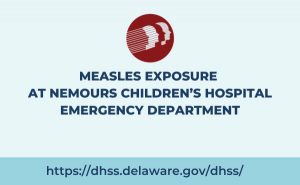
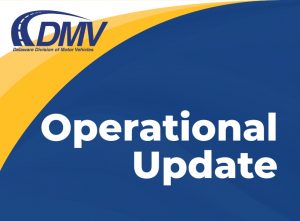













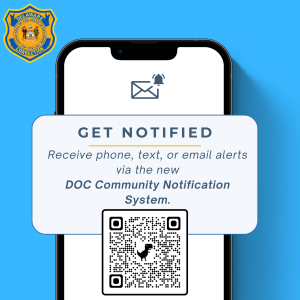



























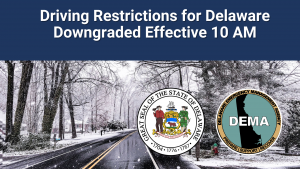






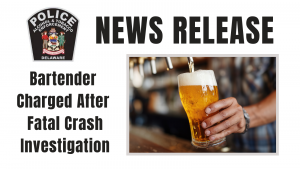





 la who were receiving treatment for substance use disorder can contact DSAMH’s Mobile Crisis Helpline for Kent and Sussex counties at 1-800-345-6785 to get connected to new treatment services. Patients seeking to access additional supportive services including detoxification, recovery support, and recovery living, can visit Help Is Here at:
la who were receiving treatment for substance use disorder can contact DSAMH’s Mobile Crisis Helpline for Kent and Sussex counties at 1-800-345-6785 to get connected to new treatment services. Patients seeking to access additional supportive services including detoxification, recovery support, and recovery living, can visit Help Is Here at:

